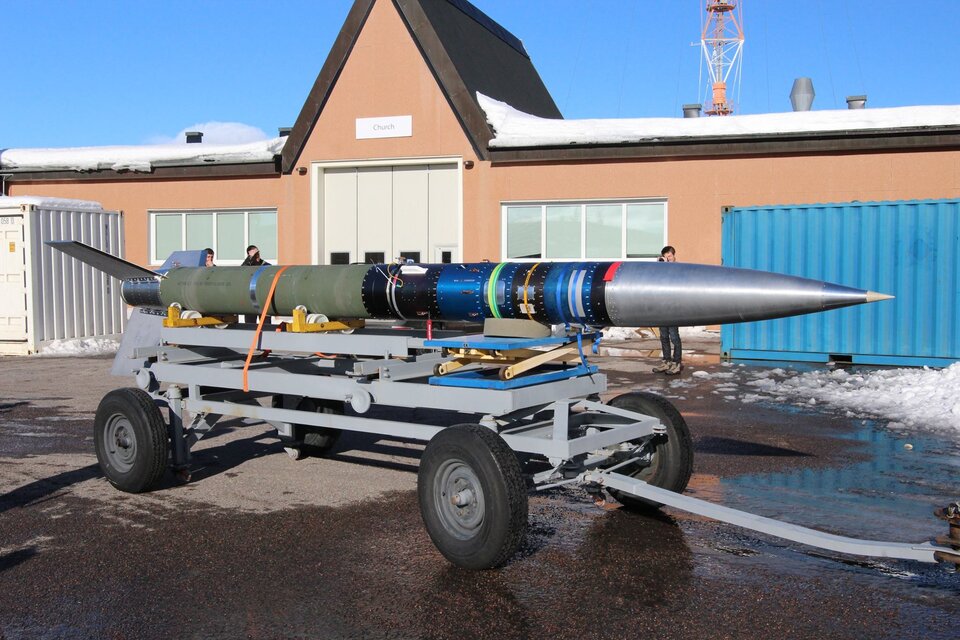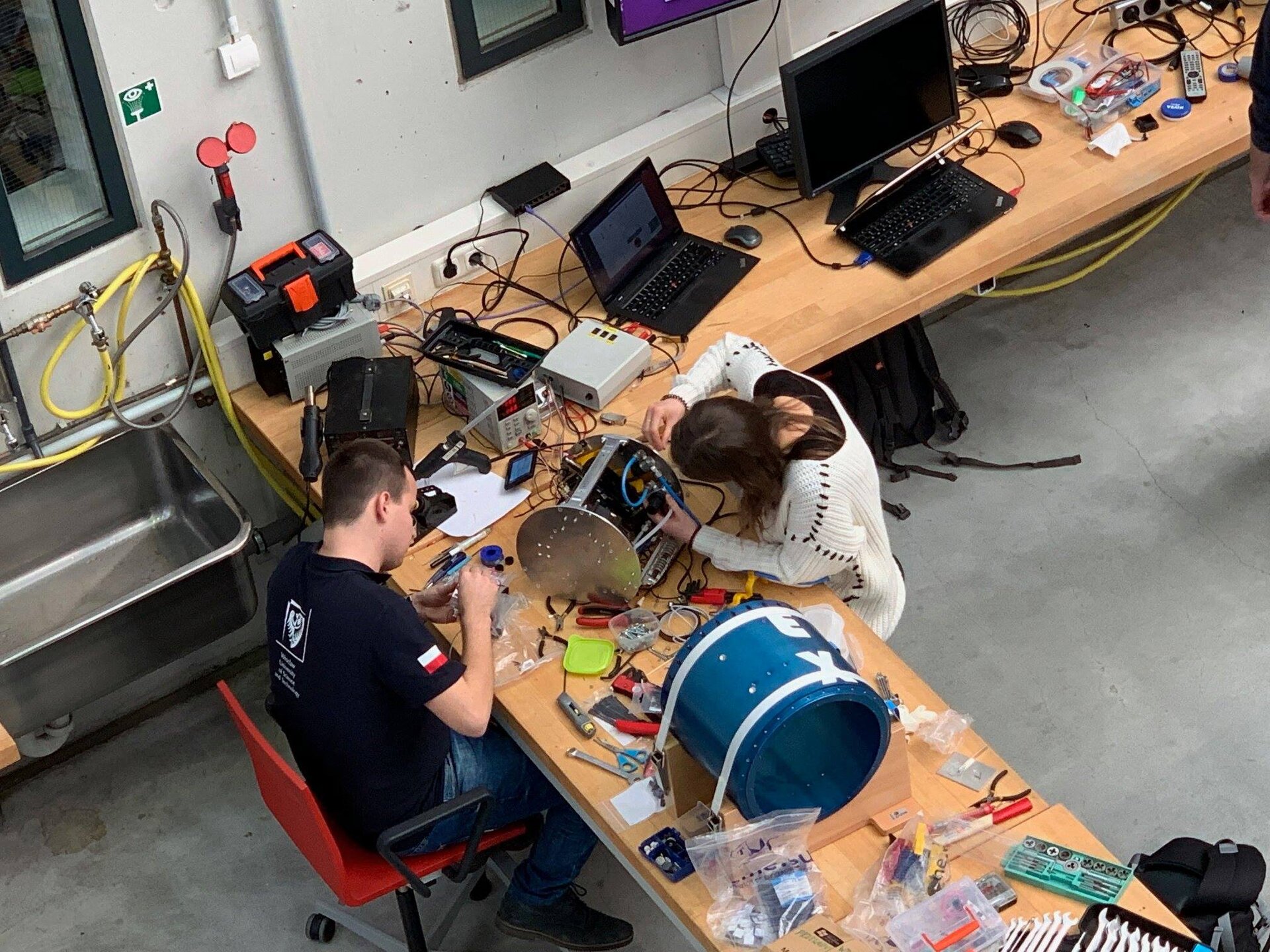Now open: New call for proposals for Rocket/Balloon Experiments for University Students
Ever dreamt of sending an experiment to the edge of space?
What about collaborating with experts from national and international space agencies and companies to develop a real space experiment?
And how about launching that experiment on a sounding rocket or stratospheric balloon from the Arctic circle?
Now’s your chance! The call for proposals for the next cycle of the Swedish-German REXUS/BEXUS programme is now open until the 13th of October 2019, 23:59 (CEST)!
The REXUS/BEXUS programmes allows students from across ESA member states to apply for a chance to fly their experiment on board a sounding rocket (REXUS) or stratospheric balloon (BEXUS). If selected, teams are supported through the full project life-cycle with training provided from their preliminary design, right through testing launch and results presentation – including a chance to present their findings at an international symposium!
What do you need to do to seize this opportunity?
First, check out the REXUS/BEXUS webpage for everything you need to know about the two platforms (did you know the REXUS rocket reaches speeds of Mach 3?).

Second, you need to form a team and properly formulate an experiment idea. Get inspired by previous teams on the website.
Finally, you need to register your team on the ESA projects portal and then submit your experiment proposal form – you can always find full details about how to apply, including eligibility requirements and proposals forms here.
Who’s eligible?
To be eligible to participate the team must be based at a University or higher education institute within an ESA member state, Slovenia or Canada (see below for students studying in Germany). To be eligible for funding for travel etc., team members must be between the ages of 18 and 32 and hold the nationality of an ESA member, Slovenia or Canada, and must be enrolled as students at a University.
What do I get?
A chance to fly your experiment to the edge of space!
The organisers of the programme provide a framework which supports and reviews the experiment development through-out the full space-project lifecycle, giving you a taste of what it’s like to develop an experiment or system within the space industry. Furthermore, you get support from agency and industry experts, as well as a chance to visit numerous facilities throughout Europe, and to collaborate with student teams from many other countries.
The programme provides the experiment launch, as well as funding for travel, accommodation etc., during all events. Student teams will need to find their own funding for experiment hardware and testing.

What’s the schedule?
Applications close at 23:59 (CEST) on the 13th of October, and the shortlisting announcement will be made by the end of October. Short-listed teams will be invited to ESA’s ESTEC site in the Netherlands for a selection workshop at the end of November, with selected teams to be informed shortly after that.
A training week is provided in February 2020, with the BEXUS balloon launch planned for October 2020, followed by the REXUS rockets in March 2021.
I’m studying in Germany – how should I apply?
As the programme is partly funded by DLR (the German Aerospace Centre), there is a slightly different application process for students studying in Germany. Full details can be found on the REXUS/BEXUS webpage.

How is this all funded, and which organisations are involved?
The REXUS/BEXUS programme is realised under a bilateral Agency Agreement between the German Aerospace Center (DLR) and the Swedish National Space Agency (SNSA). The Swedish share of the payload has been made available to students from other European countries through a collaboration with the European Space Agency (ESA). EuroLaunch, a cooperation between the Esrange Space Center of SSC and the Mobile Rocket Base (MORABA) of DLR, is responsible for the campaign management and operations of the launch vehicles. Experts from DLR, SSC, ZARM and ESA provide technical support to the student teams throughout the project. REXUS and BEXUS are launched from SSC, Esrange Space Center in northern Sweden.


